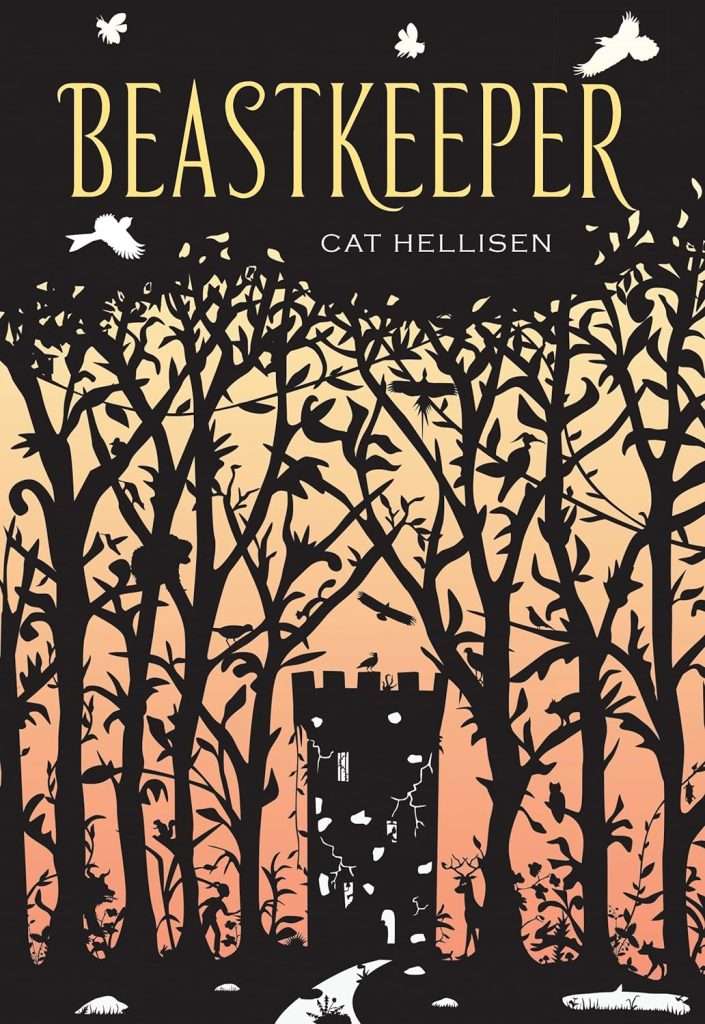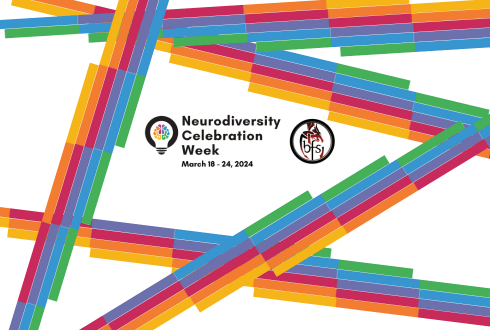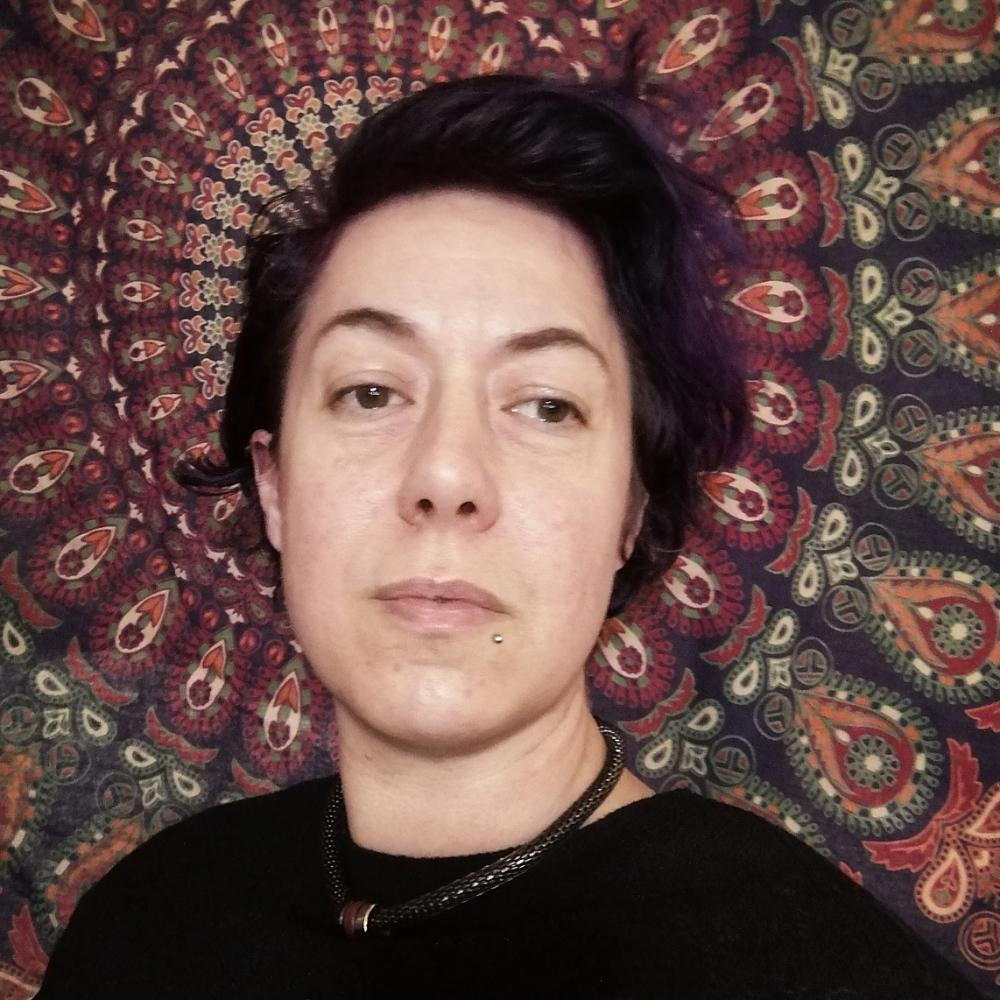Continuing our celebration of neurodiverse writers as the UK celebrates Neurodiversity Week, here C.L. Hellison lays bare what it’s like to put your writing into the world when you have Rejection Sensitive Dysphoria, a common ND trait.
Every neurodivergent writer has a different experience of their particular melange of traits. There is so much comorbidity that psychologists basically pick the Venn bubble that fits you best and say, ‘Here, this word will now describe you and all your weirdness. This word will become the badge you wear that makes people think they understand you. This word is now the sum of your existence.’
The world is more nuanced than that, but eh, we work with what we’re given here. I can’t speak for all neurodivergent writers and their experiences; all I have is my own. But hearing from others, there is often plenty of overlap in how we grew up and how we process the world now, how we attempt to distil meaning from this overwhelming universe.
One particular issue that affects me is RSD – or Rejection Sensitive Dysphoria. It’s a common enough trait with many neurodivergent folk, but especially prevalent in ADHD. Essentially, we can be hyper-aware of criticism, even if it doesn’t actually exist. What a neurotypical might intend as a meaningless observation can land differently for someone with RSD.
I think a lot of ND folk are used to being laughed at. I was trained to understand that everything I do or say is grounds for mockery, and this leaves me in a semi-permanent state of anxiety and hyper-vigilance. Every throwaway comment is an attack.

I’ve learned never to read my book reviews as I will bypass all compliments as people being ‘fake nice’ and hone in on the criticism. The negative takes up so much more space in my mind that it occludes everything else. It was so bad after my second novel Beastkeeper that it took me years to write again as I was convinced that everything I did was terrible and I was wasting people’s time by daring to write.
This is a distinctly unhelpful attitude to hold when you’re a writer.
Because writing is essentially an act of egotism. It says – I have things I want to say, but more than that, I think that what I’m saying is worth hearing.
It’s a strange balancing act, then, to live in constant fear of being publicly humiliated while at the same time writing your prickly, awkward truth and demanding that others read it.
Realising that I struggle with ADHD (and a small side order of some mental health issues that add spice for fun), means I am at least able to rationalise some of my behaviour and take corrective steps. The whole world doesn’t hate me and think I’m a talentless waste of space – that’s the RSD talking.
But even with that hurdle faced, there’s still the issue of writing while neurodivergent. The particular take you have on the world isn’t always gonna gel with how the neurotypical set see it. Your characters are going to be ‘too weird,’ or make ‘irrational choices’, or experience emotions ‘incorrectly’ (forgive the liberal use of quotes.)
The thing is; I don’t set out to write neurodivergent characters. I write people – fictional people who are drawn from the people around me, the way I experience the world, and my understanding of these experiences. Too bad if other people refuse to afford my experiences as being real or relatable.
In the past, I would take the editorial comment on board about how my characters would feel too much with their stomachs, or think of the wrong things first in a situation. I was trying to write characters that everyone would understand – but there’s no such thing, and the way I experience and react is as valid as anyone else. RSD made me want to fit in so badly, to never be mocked or misunderstood, to be a perfect human.
Only there’s no such thing.
So I can choose to keep writing my weird down, or I can sublimate it and try be ‘normal’. I can pretend to be like them, and grind my edges to fit, tell stories that only they want to hear.
I have been doing that for years, and never very well. Also, it’s tiring as fuck.
These days I allow myself freedom from rejection. I let my head do what it wants, rise and rage and create. I let my world full of screams loose.
It’s difficult enough to write, but there’s another layer of difficulty to overcome when you have tried to fit yourself into a world that doesn’t have a space for you.

Writing while neurodivergent is choosing to be an open wound instead of wearing a tempered glass skin that reflects everything but shows nothing. It is rattling between mania and the void. It is hearing whispers at the edge of dreaming, losing track of time. It is howling your truth into a world that would prefer you silent and acceptable.
It is filling the widening cracks with daydreams. It is being hypnotised by the infinities contained in a moment. It is writing 15000 words in three days, then struggling to write for a year
It is feeling everything all at once and nothing at all.
Writing while me is holding a thousand overlapping worlds in a space that isn’t big enough for half of one.
Writing is a poem without meter
that stops
and starts,
flickers with occasional brilliance
between the ragged grit
Instead of a head I have a jar full of bees.
Instead of soft skin I rattle quills.
Instead of myself I carry a thousand mirrored
you.
I can write only now and rage.
I am a whirlwind and the calm inside it.
I am the spent aftermath
And you will know me.
Scream image by Nsey Benajah on Unsplash


